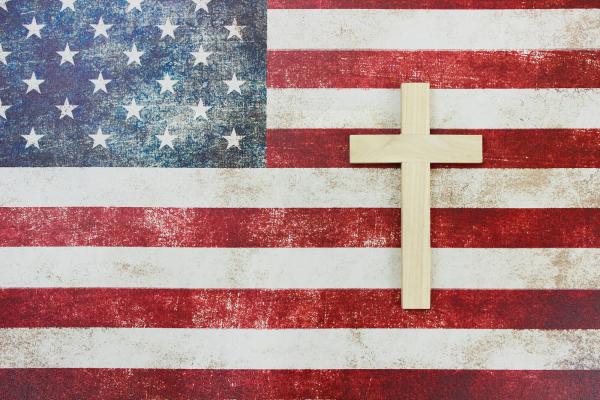Oct 26, 2016
Much ink has been spilled this election cycle on the future of evangelicalism given the “God gulf” between some white evangelical Donald Trump supporters and those evangelicals who have either long denounced Trump’s candidacy or who more recently have decided that some of Trump’s rhetoric and policy proposals have gone too far. But the root of this divide may be found in this fact, released this week by the Public Religion Research Institute: “No group has a dimmer view of American cultural change than white evangelical Protestants.”
Read the Full Article

Already a subscriber? Login
